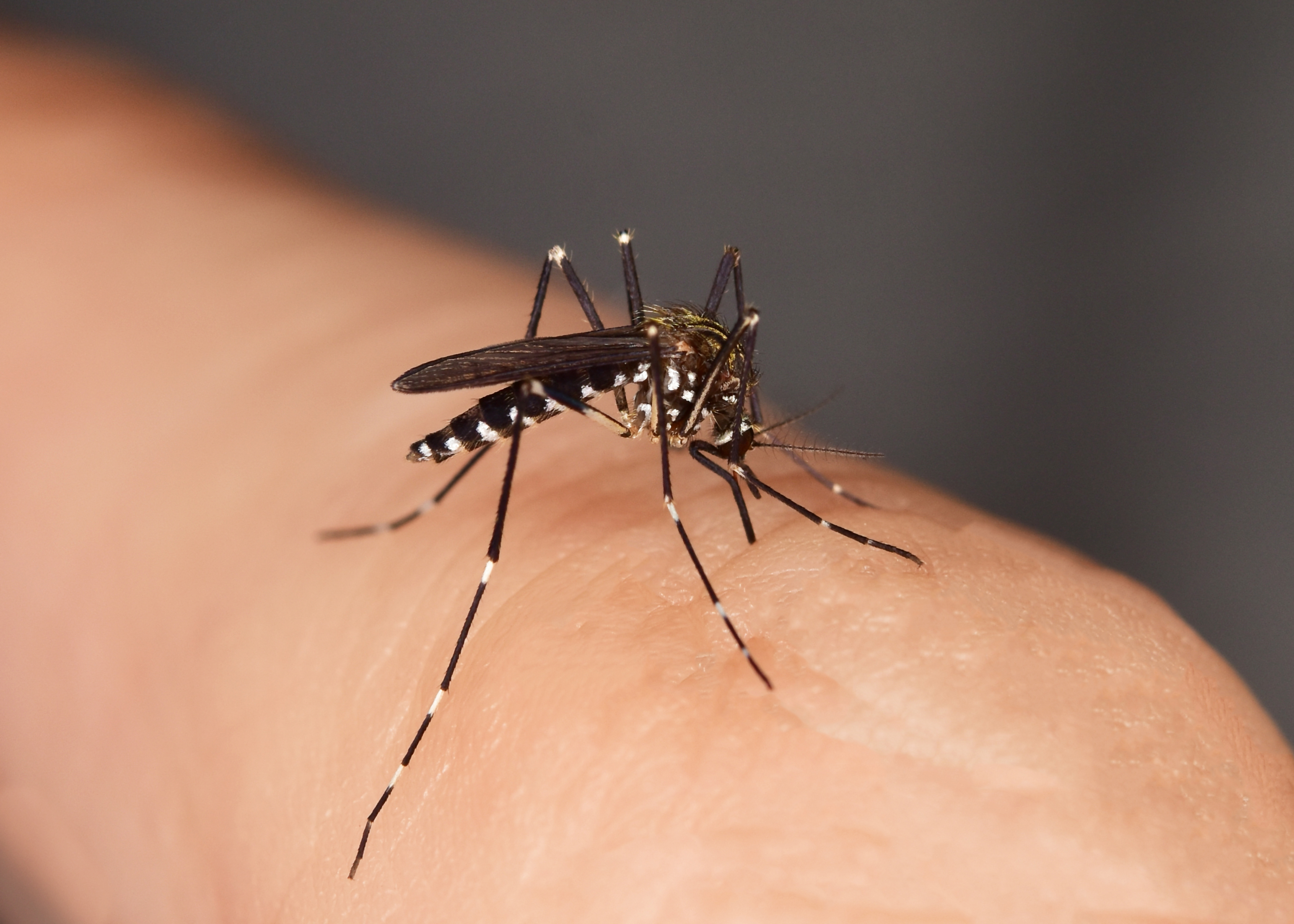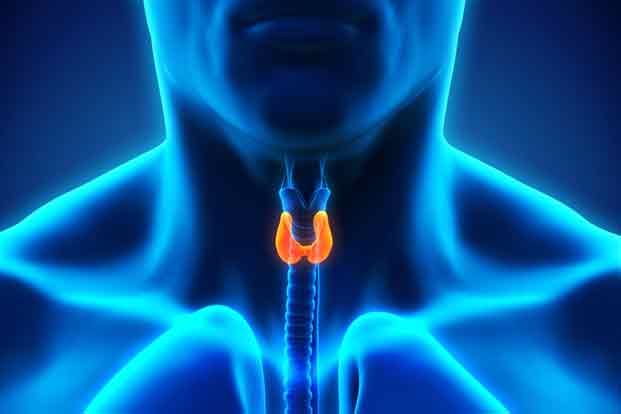Categories
- Bariatric Surgery (11)
- Black Fungus (5)
- Bone Marrow transplant (3)
- Brain Tumor Surgery Navigation Technology (20)
- Cardiac Surgery (66)
- Cardiology (97)
- Computer navigation technology for joint replacements (20)
- Covid Vaccination (17)
- Critical Care (2)
- Dental (19)
- Dermatology (31)
- Dialysis Support Group - “UTSAAH” (11)
- Dietitian (33)
- Emergency Medicine (4)
- Emotional Health (11)
- Endocrinology (33)
- ENT (20)
- Gastroenterology and GI Surgery (53)
- General and Laparoscopic Surgery (21)
- General Surgery (4)
- Gynecology & Obstetrics (183)
- Hematology (20)
- Internal Medicine (294)
- Kidney Transplant (50)
- Kidney Transplantation (20)
- Lung Cancer (8)
- Minimal Invasive Surgery (1)
- Mother & Child (20)
- mucormycosis (5)
- Nephrology (61)
- Neurology (147)
- Neurosurgery (68)
- Nutrition and Dietetics (107)
- Omicron Variant (1)
- Oncology (288)
- Ophthalmology (10)
- Orthopaedics & Joint Replacement (86)
- Paediatrics (59)
- Pediatric Nephrology (3)
- Physiotherapy (5)
- Plastic & Reconstructive Surgery (6)
- Psychiatry and Psychology (90)
- Psychologist (28)
- Pulmonology (72)
- Rheumatology (13)
- Spine Services (21)
- Transradial Angioplasty (16)
- Urology (84)
Query Form
Posted on Apr 19, 2022
Know All About Dengue Fever
Among the various mosquito-borne viral diseases, dengue is considered to be the most fatal. Dengue campaigns are supported by various governments and simple precautionary measures can be practised to eradicate dengue.
Dengue fever is a viral illness transmitted by bite of a mosquito. It is also known as break-bone fever because of its propensity to cause very severe myalgias. Dengue fever is caused by infection with Dengue virus. There are four types of Dengue viruses (DEN 1, DEN 2, DEN 3 and DEN 4). Infection with any one of these can cause Dengue fever. There is no cross immunity with the viruses.

TRANMISSION OF VIRUS
The virus is transmitted by a mosquito called Aedes aegypti. It is generally found in tropical and subtropical areas. It’s a dark-coloured mosquito with stripes on legs and body. It is generally found in water collection of in and around houses. The mosquito generally bites in early morning and just before dust.
Female mosquito while feeding, generally transmits the virus through its salivary glands to multiple individuals. In India, there is another species that is responsible for the virus spread, Aedes albopictus. Patients who are already infected with the dengue virus can transmit the infection via the mosquitoes after the first symptoms appear during 4-5 days (up to 7 days).
Incubation Period:
Symptoms begin to appear 4-10 days after the mosquito transmits the virus into human body.
SYMPTOMS
After 4-5 days of the bite, the person starts developing flu-like symptoms along with high grade fever. Other symptoms include
- Severe headache
- Retro-orbital pain
- Severe muscle aches and cramps
- Nausea
- Vomiting
- Rashes on body
Patient remain symptomatic for 3-7 days after illness starts. So there is enough time to get testing done.
TYPES OF DENGUE FEVER
- Classical Dengue fever – In this the patient develops the above-mentioned symptoms and after a week the symptoms disappear and the patient recovers though myalgias persist for a variable duration
- Dengue Haemorrhagic fever – Here after the symptoms start to disappear, the platelets get depleted through an immune response and can cause bleeding from various parts of the body. In rare conditions, this can prove to be fatal.
- Dengue Shock Syndrome – In this condition, the patient develops severe dehydration and the fluid leaks through the capillaries causing severe intravascular depletion of volume leading to shock and renal failure. This condition has a very high mortality rate.



